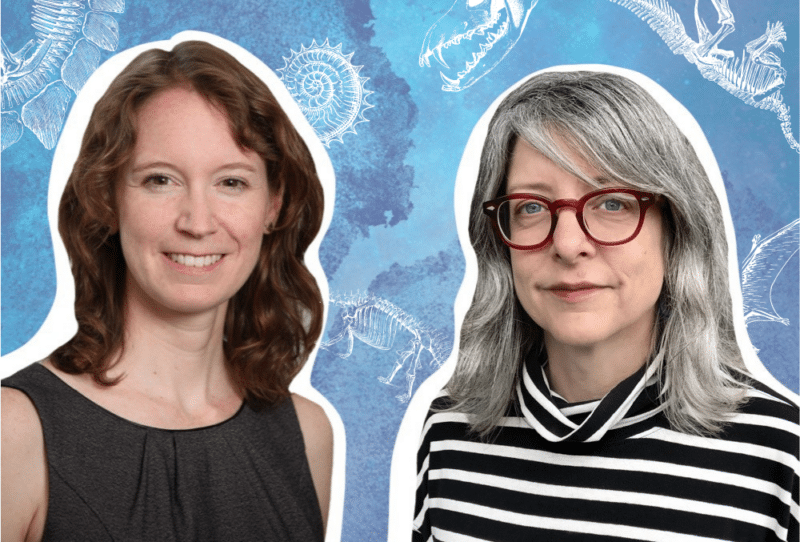Can Dinosaur Fossils Make Science More Accessible?
 Pretty much every dinosaur skeleton you see has been painstakingly excavated from rock by people with precision, skill, and creativity. What they don’t have are paleontology degrees, and what they don’t get is money or credit. In fact, fossil preparators are mostly enthusiastic volunteers who come from all different backgrounds and receive their training on the job. Their unsung work creates the foundation of scientific knowledge about life, environment, and evolution. This veritable army of citizen scientists has a great deal to teach professional researchers, who are struggling to connect with the public. Could studying and emulating the paths these technicians take to the lab help make scientific disciplines more inclusive? Why are fossil preparators outliers in serious scientific research? And might adopting outreach efforts akin to the glass-walled natural history museum labs where preparators work help build public trust in science?
Pretty much every dinosaur skeleton you see has been painstakingly excavated from rock by people with precision, skill, and creativity. What they don’t have are paleontology degrees, and what they don’t get is money or credit. In fact, fossil preparators are mostly enthusiastic volunteers who come from all different backgrounds and receive their training on the job. Their unsung work creates the foundation of scientific knowledge about life, environment, and evolution. This veritable army of citizen scientists has a great deal to teach professional researchers, who are struggling to connect with the public. Could studying and emulating the paths these technicians take to the lab help make scientific disciplines more inclusive? Why are fossil preparators outliers in serious scientific research? And might adopting outreach efforts akin to the glass-walled natural history museum labs where preparators work help build public trust in science?
University of Virginia social scientist Caitlin Donahue Wylie, author of Preparing Dinosaurs: The Work Behind the Scenes and a new essay on the topic, and Issues in Science and Technology editor-in-chief Lisa Margonelli visit Zócalo to talk about the power of looking beyond PhDs and publications to recognize and connect to all who contribute to scientific knowledge.
Register here for this Zócalo/Issues in Science and Technology event.
Keep the conversation going on Twitter by following @ISSUESinST and @ThePublicSquare. And stay up-to-date on the latest news and events from Issues with for our free weekly newsletter.
